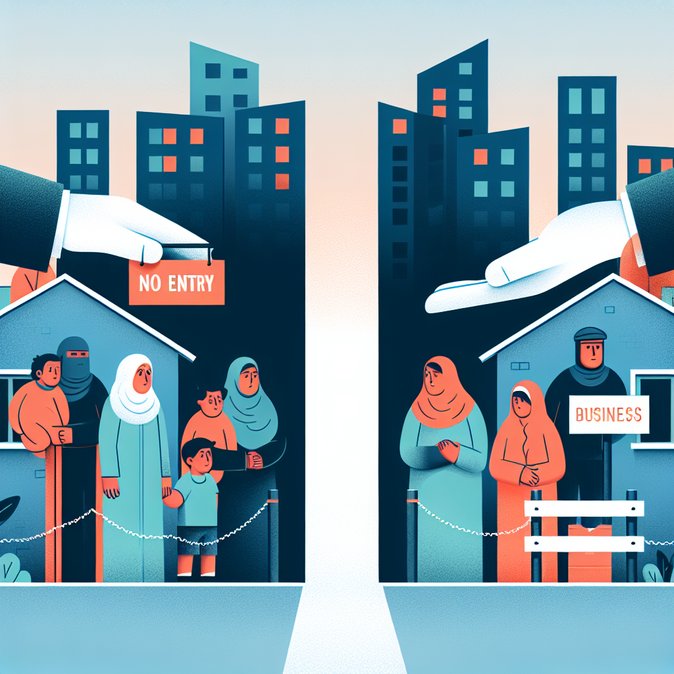
The Polish government quietly confirmed on 25 October that, from 1 November, it will withdraw state-funded accommodation for Ukrainian refugees who are not classified as ‘vulnerable’ (children, pensioners and people with disabilities). The move, first reported by UNIAN and aggregated by News Minimalist, follows months of debate over how long Poland should shoulder the €2.2 billion annual cost of housing more than one million displaced Ukrainians.
Under the new rules, able-bodied adults will be expected to arrange their own housing or pay market-rate rent if they remain in government reception centres beyond 31 October. Temporary protection status—and the right to live and work in Poland—has been extended until 4 March 2026, but housing subsidies will become means-tested. Municipalities will still be able to provide limited support, yet only after assessing income and family size.
Employers in construction, agriculture and shared-services—sectors that have come to rely on Ukrainian labour—are concerned that higher living costs could push workers to Germany or the Czech Republic. “If accommodation suddenly costs 1,500 złoty a month, many of our welders will leave,” warned the HR director of a Gdańsk ship-yard. Recruitment agencies say they are negotiating bulk leases in worker dormitories to retain staff.
Legal advisers recommend that companies sponsoring work permits consider providing a housing allowance or helping employees sign formal leases, which will also be needed when applying for long-term EU residence permits. Human-resources teams should review employment contracts to ensure that any in-kind benefits remain compliant with Polish tax rules if rent subsidies are added.
Civil-society groups have criticised the timing, noting that winter heating bills are about to rise. The government argues that the change brings Poland into line with other EU states and frees up funds for integration programmes, language training and childcare—support it says will help refugees transition to self-reliance.
Under the new rules, able-bodied adults will be expected to arrange their own housing or pay market-rate rent if they remain in government reception centres beyond 31 October. Temporary protection status—and the right to live and work in Poland—has been extended until 4 March 2026, but housing subsidies will become means-tested. Municipalities will still be able to provide limited support, yet only after assessing income and family size.
Employers in construction, agriculture and shared-services—sectors that have come to rely on Ukrainian labour—are concerned that higher living costs could push workers to Germany or the Czech Republic. “If accommodation suddenly costs 1,500 złoty a month, many of our welders will leave,” warned the HR director of a Gdańsk ship-yard. Recruitment agencies say they are negotiating bulk leases in worker dormitories to retain staff.
Legal advisers recommend that companies sponsoring work permits consider providing a housing allowance or helping employees sign formal leases, which will also be needed when applying for long-term EU residence permits. Human-resources teams should review employment contracts to ensure that any in-kind benefits remain compliant with Polish tax rules if rent subsidies are added.
Civil-society groups have criticised the timing, noting that winter heating bills are about to rise. The government argues that the change brings Poland into line with other EU states and frees up funds for integration programmes, language training and childcare—support it says will help refugees transition to self-reliance.








